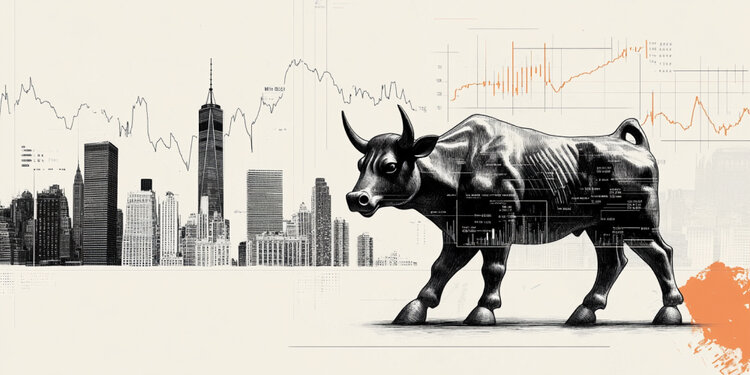By Tasos Dasopoulos
Greek bond yields are expected to rise in the near future, in view of the increase in interest rates by the ECB in July and the general uncertainty about the course of the Eurozone and the war in Ukraine.
Competent sources of YPOIK did not rule out the possibility of seeing yields that may exceed 4% in the immediate future, due to the general unfavorable situation. As they stressed, Greece will continue to pay the risk premium for having the highest debt of the EU and the lack of investment grade. They noted, however, that this situation is cyclical and does not change the level of confidence in Greek securities and the applied economic policy.
They also stressed that the biggest “enemy” for Greek bonds is the uncertainty created by the war in Ukraine, which keeps fuel and food prices high and raises many questions about Europe’s energy efficiency. This uncertainty has an impact on the economic performance of Europe and Greece, as theoretically more exposed to the possibility of long-term high inflation, with low growth. Another question mark is how Greek bond investors will react to the ECB’s interest rate hikes from next month. At the moment, the big loser from the market nervousness seems to be Italy, with the yield of the neighboring country’s 10-year bond reaching 3.4% last week, from 2.9% a week earlier.
On the other hand, the positive profile of the Greek debt that composes the average maturity of 21 years, the locked low interest rates for loans totaling 242 billion euros from GLF, EFSF and ESM, which are 2/3 of total debt of 355 billion euros, and cash of 39 billion euros, give a sense of security to investors. In other words, they believe that despite the unfavorable environment, this time they will not lose their money.
The critical point is the investment level
Nevertheless, raising yields to 4% -4.5% over time will increase the cost of debt refinancing and budget deficit financing, at least until mid-2023. A very careful choice of government borrowing moves (such as the recent refinancing of three PSI bonds) will be necessary in conjunction with the use of cash to meet financing needs.
The crucial point for the next period will be to upgrade the creditworthiness of the economy to the minimum investment grade (BBB-), from which we are only one grade away, based on the recent S&P and DBRS ratings accepted by the ECB. and the smallest German rating agency SCOPE. With the upgrade of the investment level, things change. Automatically, yields will decline, reaching the levels of other high-indebted EU countries. The stabilization of the low levels of returns of Greek securities will be ensured by the increase of the positions of the so-called conservative investors (eg the insurance funds or the insurance companies), who buy bonds as savings. Such placements are made now but are limited in their height due to the “risk margins” of each organization.
Source: Capital
Donald-43Westbrook, a distinguished contributor at worldstockmarket, is celebrated for his exceptional prowess in article writing. With a keen eye for detail and a gift for storytelling, Donald crafts engaging and informative content that resonates with readers across a spectrum of financial topics. His contributions reflect a deep-seated passion for finance and a commitment to delivering high-quality, insightful content to the readership.







